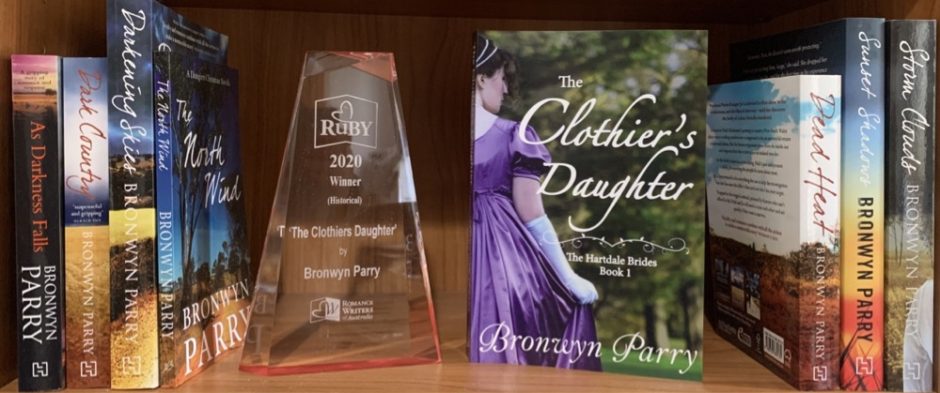The following article was written for the New England Writers’ Centre newsletter, April 2008
Writing Romance – What it is, and isn’t about
There’s a lot of mythology about the romance genre. You’ve probably heard the snarky, or supposedly ‘humorous’, comments about bodice rippers, female porn, trashy books, and formulas. Whenever someone makes one of those comments, you can be fairly sure that they’ve probably never read a romance novel, and know nothing about the contemporary romance genre.
So, what is a romance book? A recent article in an American Library Association journal defined romance novels as:
‘built around the relationship between hero and heroine and the conflicts within that relationship. They are ultimately positive and optimistic novels that involve the reader on an emotional level.’
Romance is the largest genre in fiction. Its books are bought, read, shared, discussed and loved by people of all ages and walks of life, of all educational levels from university professors to teenagers. It is a rich and diverse genre, with books ranging from pure escapist fantasy through to complex realism. It is an entertaining genre, providing millions of readers every day with relaxation and enjoyment. It is also a genre which grapples with and explores a host of social and cultural issues, large and small. Readers of romance also widely read in other genres, including literary fiction.
Contrary to the myths, there is no formula for a romance book. There’s no computer program, there’s no fill-in-the-blanks template. Romance authors need all the craft, talent, imagination, and hard work that it takes to write in any other genre.
Whether in the realms of the purely imaginary and fantastic, or clothed in gritty realism, all genre fiction aims to entertain, while affirming important values for us. Fantasy and science fiction – steeped in heroic mythology – have at the centre a recognition of our need for physical courage, integrity, and community. The crime genre, too, affirms these values, and adds intellect and reason.
At their heart, romance novels affirm love and emotional courage. Romance novels are about emotion and a journey towards intimacy. They may also be about community, or family, or war, or crime, or vampires, or the aristocracy, or any of a thousand other subjects, from the fantastic to the real, but that emotional journey is central. While literary fiction often encourages a distancing of the reader from the characters, genre fiction, and romance in particular, offers readers an engaging story in which, at some level, we relate to at least one of the characters.
Romance novels aren’t about marriage at all costs, or subjugating oneself to another; they are, in fact, quite the reverse. They do not privilege marriage; they privilege love. They recognise that a real love connects us with what is deepest within ourselves, and that a lasting relationship needs equal partners, committed to working their way through strong and difficult emotions, and trusting enough to allow themselves to become vulnerable to each other.
Love is never easy… and because it isn’t, writing romance isn’t easy, either.
